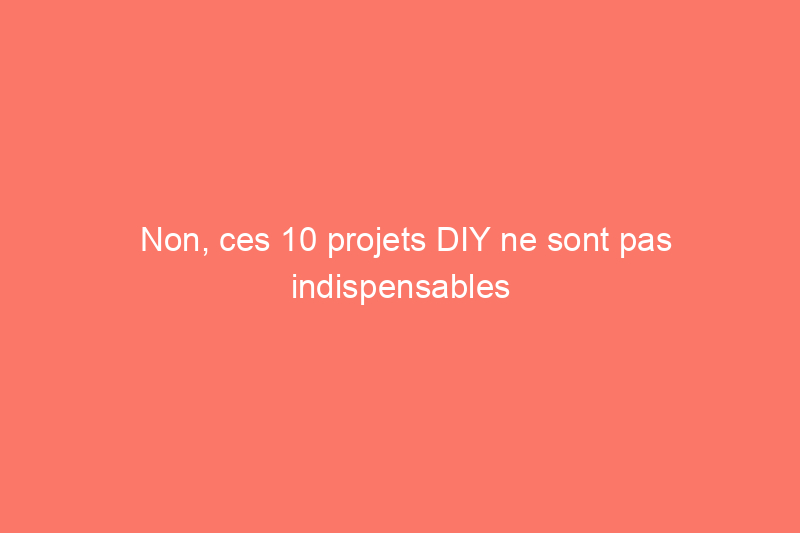Devez-vous passer du propane au gaz naturel ?
Hello, my friend, hello again; today we come together to talk about Should You Make the Switch From Propane to Natural Gas? and hope the blog can help you.
Bien que le prix du gaz naturel soit au moins un tiers inférieur à celui du propane, le prix n’est pas le seul facteur à prendre en compte avant de procéder à un changement.
As energy prices continue to rise, it’s important to become even more conscious of the efficiency and cost-effectiveness of our fuel sources. Natural gas, which is cleaner, more efficient, and less expensive than oil or electricity, is becoming more and more popular—but it’s also a source of growing legislative contention: Some municipalities are passing laws to preemptively prohibit natural gas bans, and other locations have started to outlaw natural gas hookups in new construction in order to reduce greenhouse gas emissions.
If you have propane now and natural gas lines are coming to your area, you may be tempted to convert. You have a big decision to make: While there are a lot of great reasons to convert, there are also a lot of things to think about.
You may have to buy new fittings for your appliances.
Many appliances can work with either propane or natural gas (chauffe-eau are perhaps the biggest exception). They will, however, require special gas utilization fittings for each fuel source, because propane and natural gas operate with different levels of pressure.
Some appliances come with conversion kits when you buy them. If not, you should be able to order a kit from the manufacturer. There is more to a conversion, though, than simply replacing a fitting: Since regulators and burners will most likely need to be adjusted, a licensed professional should perform this conversion. If your appliances aren’t convertible, you will need to buy new ones that can accept natural gas.
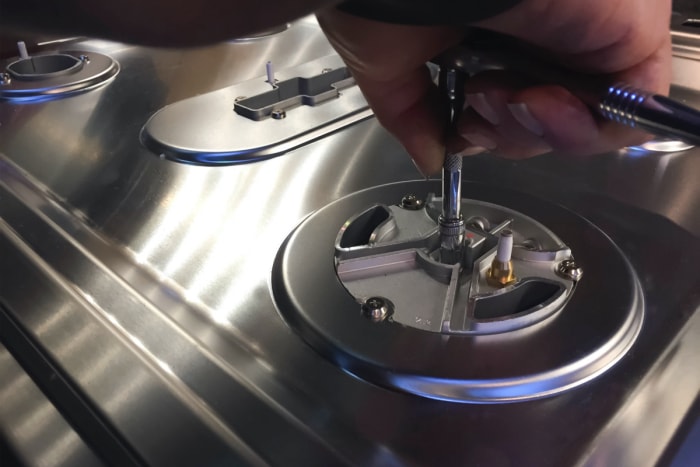
Converting to natural gas will require digging up the yard to install pipes.
Once natural gas is available on your street, it still needs to be brought to your house. A trench will need to be dug for the main that brings the gas up from the street, and your yard volonté be impacted.
The gas company should endeavor to be as non-intrusive as possible, including restoring your lawn with grass seed and straw if replacing the original turf proves impossible. Meanwhile, it’s your responsibility to clearly mark any underground utilities, irrigation systems, septic tanks in your yard. Call 811, the federally mandated Call Before You Dig number, and your underground utility lines will be marked for free.
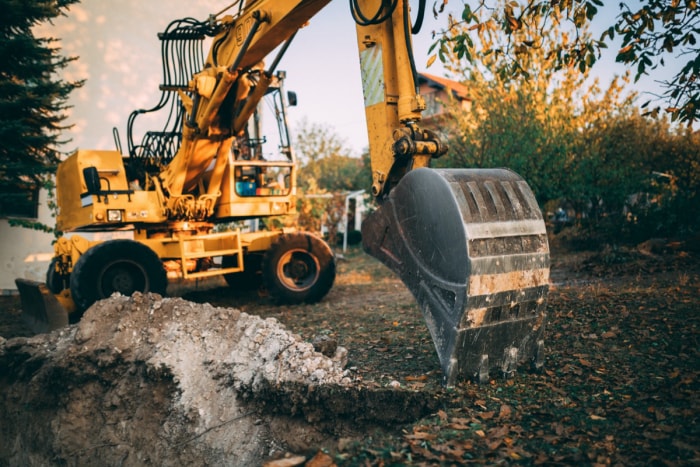
When calculating costs, factor in how much it will run you to remove your old propane tank.
If you decide to convert to natural gas, you will need to figure out what to do about the propane tank buried in the side or back of your yard. If you own the tank you could sell it, but you’ll have the cost—and work—of excavating it and restoring the area.
If you don’t want the hassle of excavation, you can leave the tank in the ground but you’ll need to have it emptied, and follow whatever codes your locality has regarding tank maintenance. If you are leasing a propane tank from your gas company, you will need to either buy the tank or pay them to remove it. If you have an above-ground propane tank, the process of removal is much less complicated and expensive.
EN RAPPORT: Comment se débarrasser correctement des réservoirs de propane
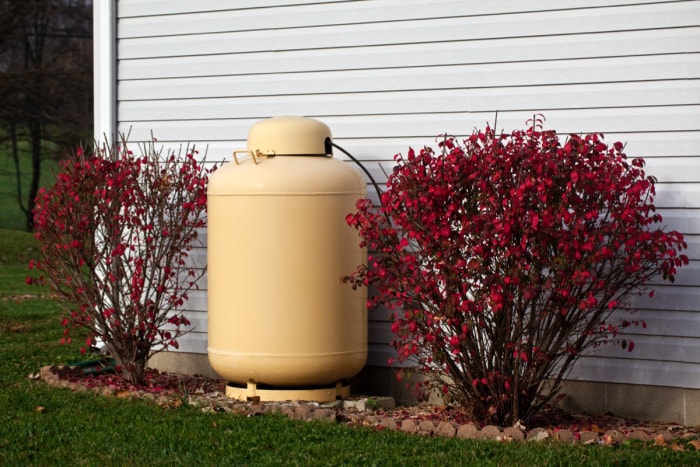
Natural gas costs about 30 percent less than propane.
The costs of converting from propane to natural gas can really add up. With the price of natural gas at least one-third less than the price of propane, over time the switch may be worth the investment. Most natural gas companies have calculators on their websites to help customers estimate costs and savings. And if natural gas is coming to your community, you can expect a representative from the company to knock on your door to give you a preliminary assessment.
When deciding between an electric or gas water heater ou un gas or oil furnace, the gas option will almost always cost less to operate. This can be a benefit of either natural gas or propane to consider if you currently utilize oil heat or have electric appliances.
As with any major home improvement decision, do your research. Think about how long you plan to stay in your home, and weigh the benefits and costs carefully to see if switching from propane to natural gas is right for you.
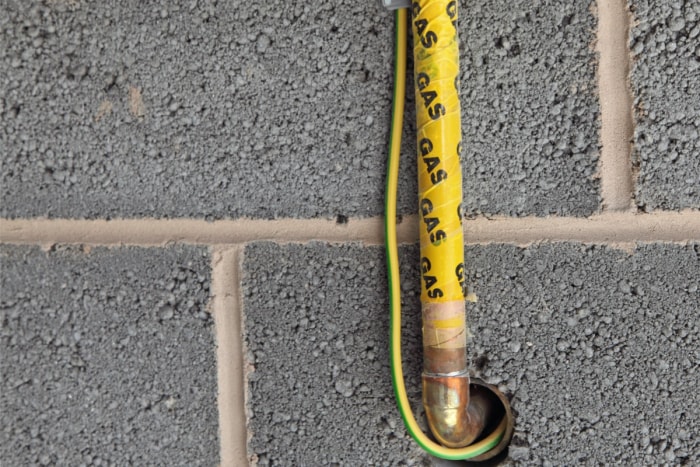
Natural gas and propane are both environmentally friendly—to a degree.
Both propane and natural gas are classified as environmentally friendly fuels by many experts. They are both clean-burning gases, though propane holds a slight edge as a more environmentally conscious choice because it will not cause any damage to the atmosphere if it is leaked. It is not a greenhouse gas. This is one key difference between propane and natural gas. Natural gas is primarily comprised of methane, which is a greenhouse gas.
While natural gas may technically be a greenhouse gas, it emits much lower levels of carbon dioxide, carbon monoxide, and nitrous oxides than other fuels. Compared to coal, for example, natural gas emits 50 to 60 percent less carbon dioxide.
If you go with natural gas, you’ll never have to worry about running out of fuel.
One of the biggest benefits of natural gas is that once you have the pipeline set up, you don’t need to worry about propane gas storage, scheduling deliveries, or stocking up on canisters of fuel. Natural gas flows through the pipeline on-demand, so it will always be available when you need it for grilling, healing your home, or fueling your dryer, stove, or foyer au gaz.
Unlike propane, there aren’t different types of natural gas to worry about, either. You don’t need to weigh the pros and cons of truck deliveries versus picking up canisters of fuel. After your infrastructure is set up, there really isn’t much else to think about.
When it comes to a propane vs. natural gas grill, both fuel types perform the same. The advantage lies with natural gas, since you won’t have to worry about running out of fuel in the middle of grilling a meal.
EN RAPPORT: Buyer’s Guide: The Best Natural Gas Grills
Propane is more energy efficient and burns 2.5 times hotter than natural gas.
Propane burns about half as much volume as natural gas in the same amount of time, making it the more energy-efficient option. Each cubic foot of natural gas produces approximately 1,012 BTUs of heat compared to the 2,520 BTUs produced by a cubic foot of propane. This means that in most cases, even when natural gas is less expensive than propane, propane will still end up being cheaper overall.
Because it will take about two to two-and-a-half times as much natural gas to heat an appliance compared to using propane, the cost of purchasing natural gas will have to be that much lower than the cost of propane to make it the most budget-friendly choice.
EN RAPPORT: Buyer’s Guide: The Best Propane Generators
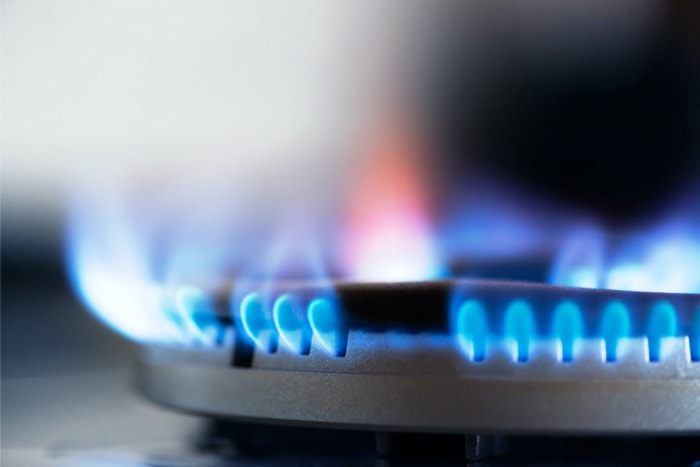
Réflexions finales
There are a number of pros and cons to weigh when deciding whether propane or natural gas is a better choice for your home. Consider the points outlined above to factor in the environmental impacts, cost of upgrading to natural gas compared to the overall costs of heating your home and fueling your appliances, and convenience of having natural gas on tap, so to speak, into your home.
FAQs About the Differences Between Propane and Natural Gas
De nombreux facteurs doivent être pris en compte avant de choisir entre le propane et le gaz naturel. Consultez la FAQ ci-dessous pour obtenir des informations supplémentaires qui vous aideront à choisir entre ces deux sources de combustible.
Q. Qu’est-ce que le propane ?
Le propane est un gaz incolore, presque inodore et non toxique, stocké sous forme liquide. Également appelé gaz de pétrole liquéfié (GPL), le propane est utilisé pour chauffer les maisons, faire des grillades et de la cuisine sur la cuisinière, et alimenter différents types de moteurs, entre autres.
L’eau est un sous-produit de la combustion du propane. La combustion du propane produit également du dioxyde de carbone. S’il n’y a pas suffisamment d’oxygène pour brûler le propane, le monoxyde de carbone peut également être un sous-produit du propane.
Q. Le propane est-il un gaz naturel ?
Le propane est un sous-produit du traitement du gaz naturel. Lorsque le gaz naturel est traité, les gaz propane, butane, méthane et éthane s’évaporent. Ces gaz peuvent ensuite être retransformés en carburant liquide et mis en bouteille pour la vente et l’utilisation.
Q. Le propane est-il toxique ?
Non, le propane n’est pas toxique. Cependant, il est classé comme gaz asphyxiant, ce qui signifie que l’exposition à de très fortes concentrations peut avoir un impact négatif sur votre capacité à respirer.
Par rapport à la densité du gaz naturel, les fuites de propane se concentrent au niveau inférieur de la maison. Les fuites de gaz naturel, en revanche, se concentrent au niveau du plafond de la maison. Cela s’explique par le fait que le gaz naturel est plus léger que l’air et que le propane est plus lourd que l’air.
Q. Le gaz naturel est-il moins cher que le propane ?
Les prix du gaz naturel et du propane peuvent fluctuer. Cependant, le propane est généralement considéré comme le choix le plus économique. Un pied cube de gaz naturel produit environ 1 000 BTU de chaleur, tandis qu’un pied cube de propane produit environ 2 520 BTU, soit environ 2,5 fois plus.
Q. A quelle température le gaz naturel brûle-t-il ?
Le gaz naturel brûle à 3 560 degrés Fahrenheit. C’est la même température que celle à laquelle le propane brûle, mais le propane produit plus d’énergie que le gaz naturel.






